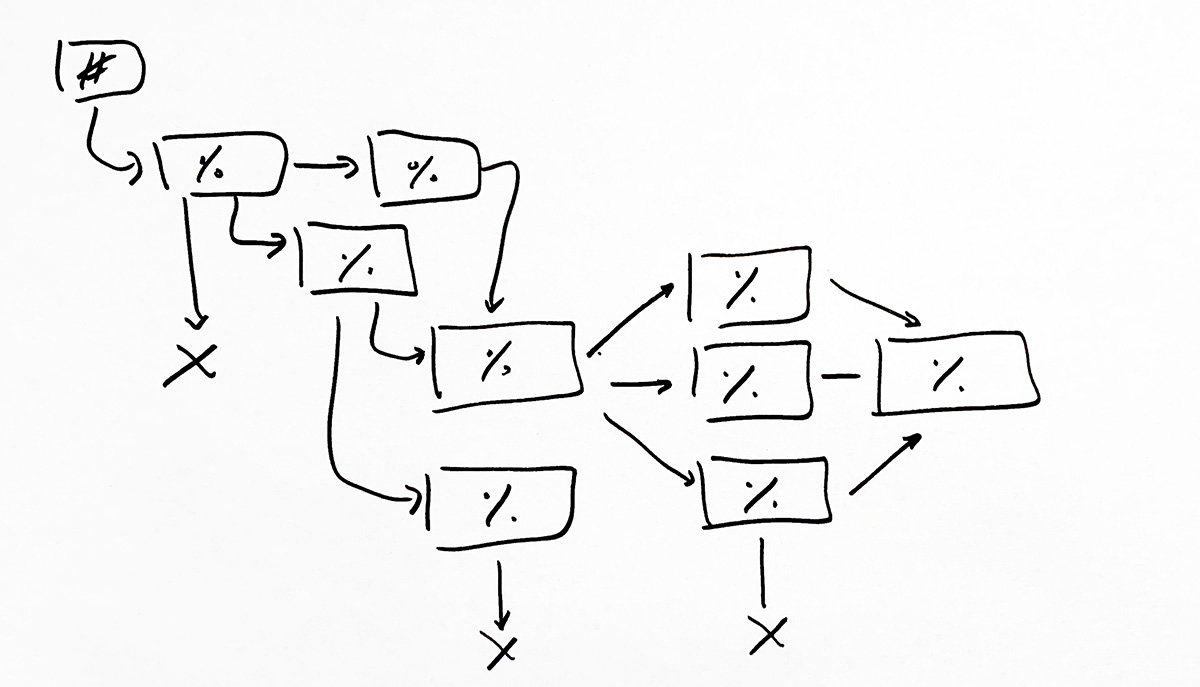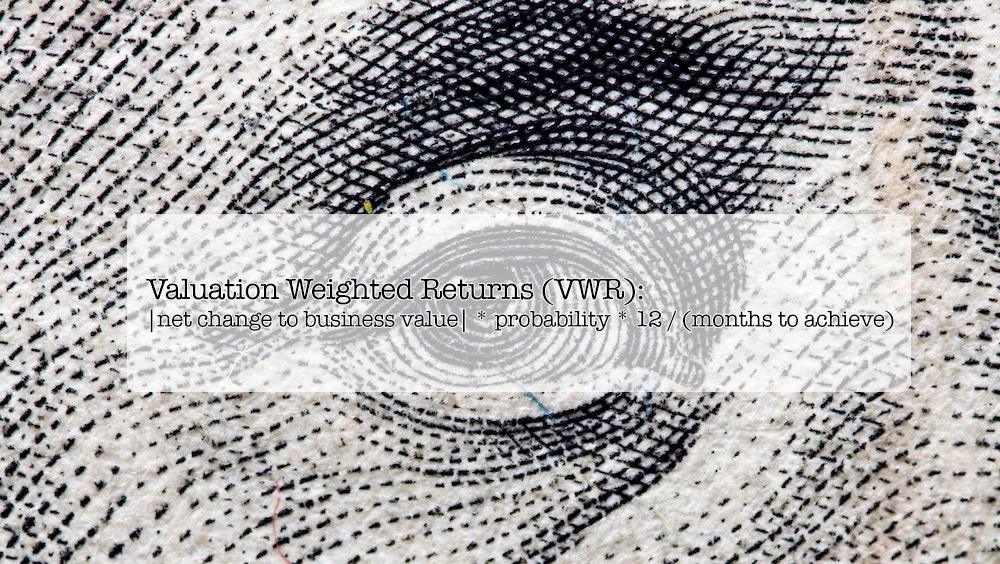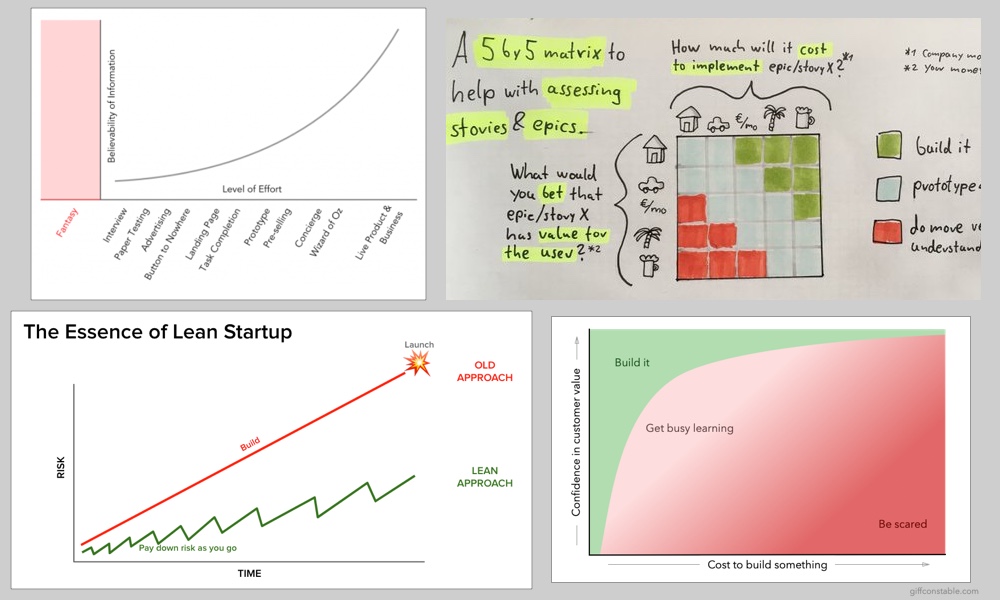I’ve been thinking a lot about the intersection of product and finance given my new class on financial fluency. Product managers, whether an individual contributor or a head of product, get lots of advice on how to start a new job: The critical addition often missing is this: If you’re at a startup, you might talk to the CFO. At …
10 Lessons on Making Software
It’s hard to avoid the agony on prod-eng Twitter about the basics of making software. It’s heartbreaking. Making software is hard, but we as humans do like to make it harder. Here are 10 lessons of my own about agile software, in case it is helpful. Some are high level and some are super tactical. Use only as useful for …
How narrow should an initial customer segment be?
This summer I’ve been teaching product management to the tech MBAs at NYU, and like all teaching, it’s forced me to clarify my thinking. I’m going to touch upon some of those areas in the next few posts. Today’s topic is customer segments — in particular, the initial ones you choose to design for and market to. I’ve been pushing …
Dual-Path Careers for PMs (and Designers)
(These thoughts went out in my weekly newsletter this morning) Ken Norton has an in-depth article pitching a dual-track product management career path. He doesn’t really speak to the economics, but that’s what I want to address because I think this is all about economics, or should I say, outdated economics. When I ran Neo, which was an innovation consulting company, we had this …
Tactic: Diverge and Converge
You’re an inclusive leader. Maybe you’re an executive trying to find good ideas and give more people a voice. Maybe you’re a PM trying to foster the creative juices of your team. What’s your move? Do you get everyone in a room (virtual or real) for a brainstorm, break out the sticky notes (virtual or real), and let the conversation …
Magnets & Repellants
There were lots of takes on Basecamp’s (formerly 37Signals) latest announcement on internal company policies. Ben Thompson was interested in the work-life separation inside the large tech companies and how the lack thereof is coming home to roost at places like Google. Melissa Perri noted that the “no politics” policy could have an impact on ethical design (or the lack …
On research, experiments, and the beginner’s mind
I find myself thinking about this morning about sources of learning, and how and where one challenges oneself to learn. Are you satisfied with your expertise in your domain, or are you constantly pushing to improve? As I wrote the other week, are you looking outside of your domain? I watched an experienced market researcher do a customer interview the …
Proposing “Valuation Weighted Returns” as a Better Way to Prioritize Projects
This post, I admit, is aimed pretty squarely at senior executives, but hopefully others can follow along as well. As an executive, how would you decide between projects that could: a) improve retention; b) increase growth; c) protect against a lawsuit or regulatory fine; d) get ahead of debilitating tech debt; e) improve customer love and brand strength; f) build …
4 Questions from CTOs to a CPO
I was asked to give a talk to a group of CTOs recently. Going into the interview, they asked four questions: What makes a good, modern PM? What are the ingredients for a strong product organization (prod-eng-design)? How can engineering help? How should a good, modern PM organization think about metrics in 2021? I tried to push past some of …
The Truth Curve and the Build Curve
In my two books on testing new business ideas, I have a diagram called the “truth curve”. I often get credit for a variation that my friends Jeff Gothelf and Jeff Patton created, but their diagram makes a different, equally valuable point. I’m going to take the liberty of calling their graph the “build curve”. Let’s look at them both. …









